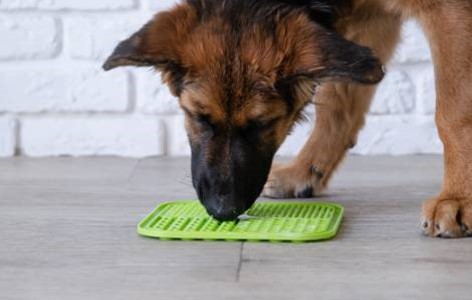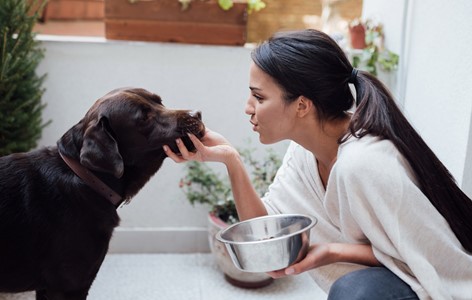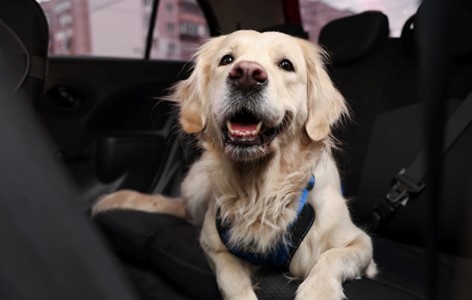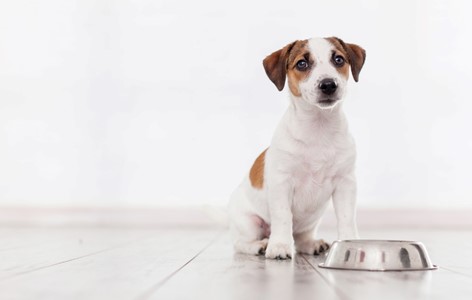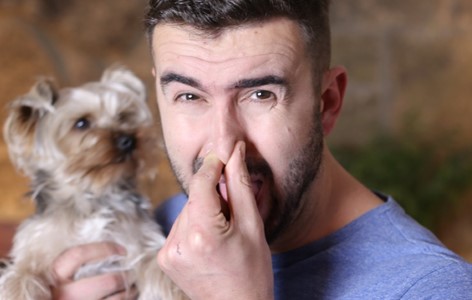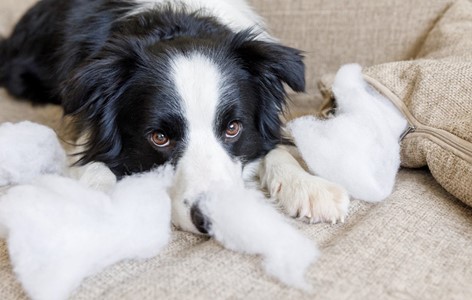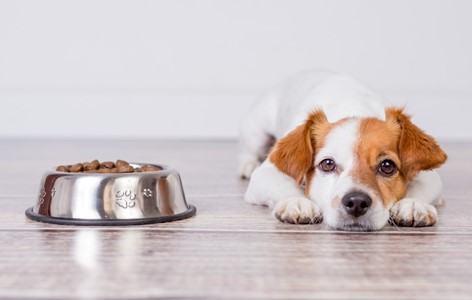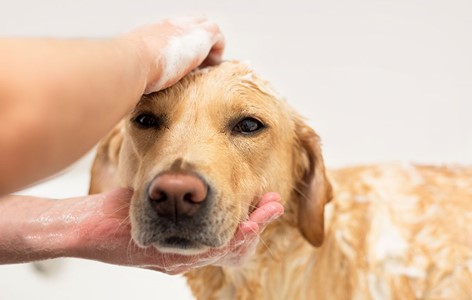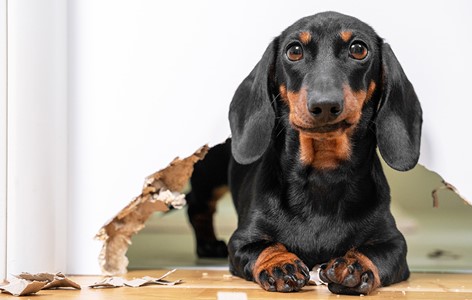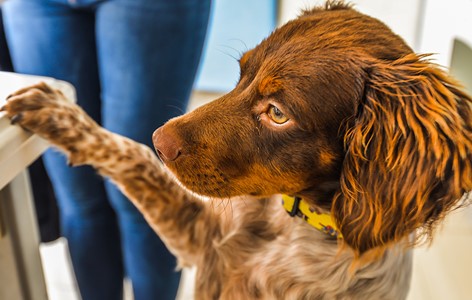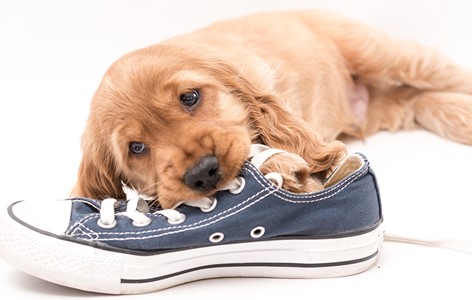
How old is your dog?
2-3 months
Welcome home little one! Let the adventure begin. We guarantee you, your lives will never be the same – in the best way possible.
Puppies generally go to their new homes at about nine weeks of age. By now, your house should be fully puppy-proof with all toxins and hazards removed, a designated sleeping area and plenty of toys.
Make it a priority to introduce toilet training, a meal schedule and some basic treat-based training to help your pup adjust to their new routine. It’s also important to stick to the vaccination schedule your breeder or non-breeder had started in their first few weeks of life.
A well-socialised pup who has been exposed to different stimuli and new situations has a better chance of growing into a well-adjusted dog, so consider enrolling your new mate into puppy pre-school at this age.
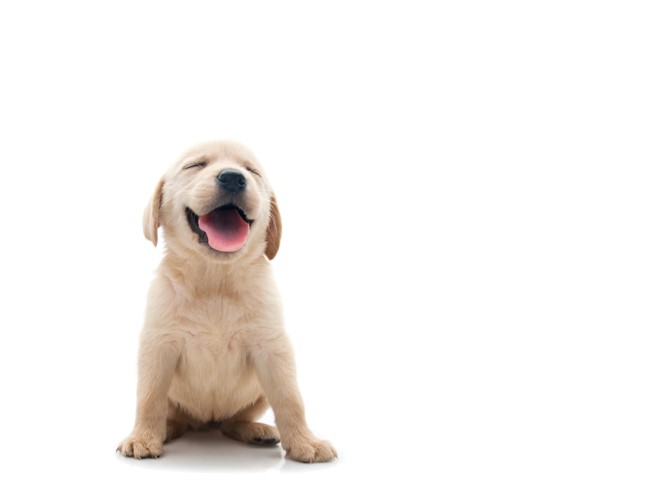
Filter articles by
Dog
Puppy
Cat
Kitten
Fish
Lick Mats: A Fun & Enriching Activity for Dogs & Puppies
Help reduce anxiety, slow down feeding, or simply offer a fun activity, with lick mats.
Mixed Feeding - Wet & Dry Food
Pet parents opt for mixed feeding to provide their furry friends with a variety of textures & taste
Dogs and Car Anxiety
Does your dog get anxious about car travel? See tips from Lara Shannon from Pooches @ Play.
Fat in Dog Food
Most people think fat is all bad. But is that truly the case?
Yucca Extract for Pet Food: A Natural Solution for Stool Odour Control
Find out the most compelling reason for incorporating Yucca schidigera extract into pet food is its ability to reduce stool odour.
Impact of Food on Dog Skin Health
Healthy skin starts with a healthy diet; tips for looking for dog foods that are good for their skin.
Identifying Behavioural Issues in Puppies
Explore the key behavioural issues that can arise in puppies and discuss effective ways to identify and manage them.
Puppy not Eating
Learn some common causes of a new puppy's loss of appetite & solutions to help get your pup back on track to a healthy diet.
Why dogs scratch People & Things and How to Reduce Problem Scratching
Most scratching is completely normal and instinctual for dogs, but can be problematic when they scratch people or things.
Dog Begging
Find out why dogs beg & how you can effectively train your dog not to beg.
Why dogs Chew People & Things and How to Reduce Problem Chewing
Chewing can become a problem in puppies or dogs who chew excessively or chew on people’s hands, clothes or items we don’t want them to chew.










